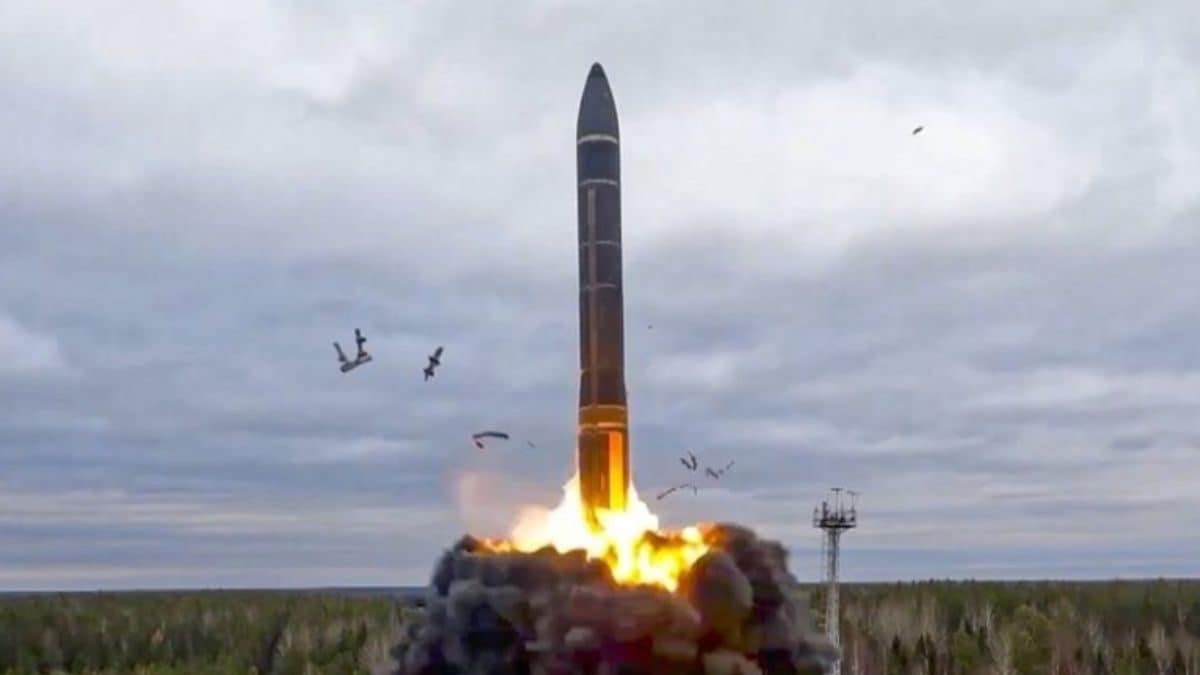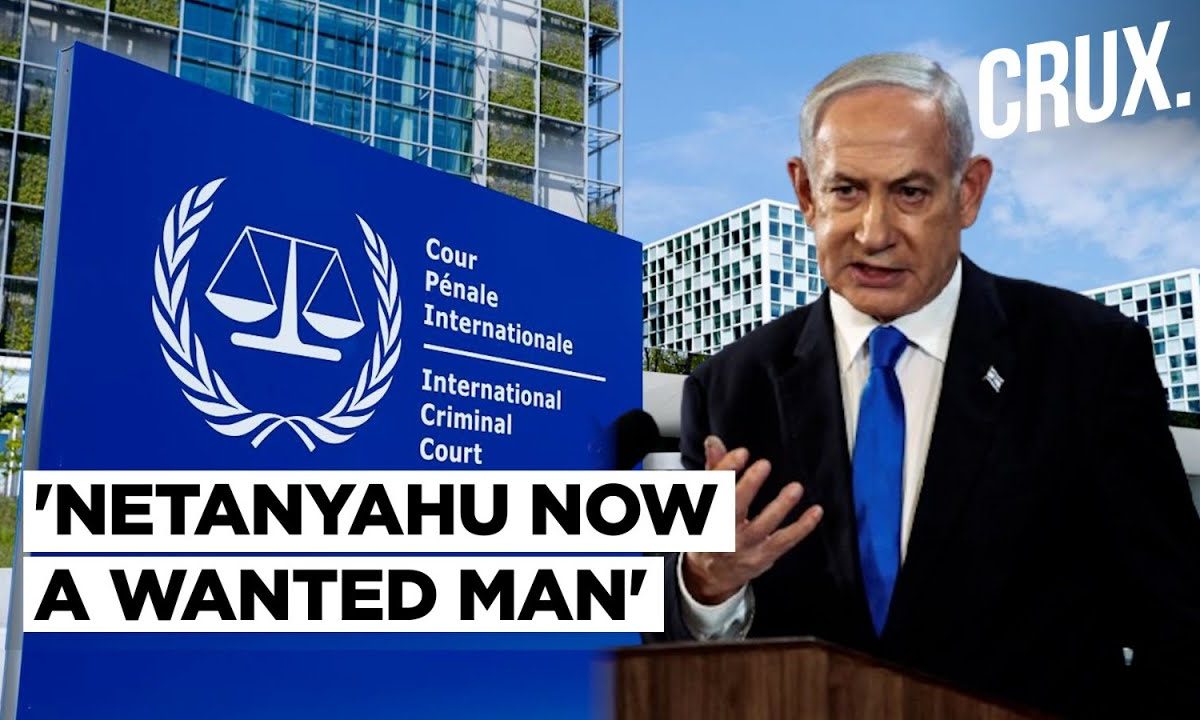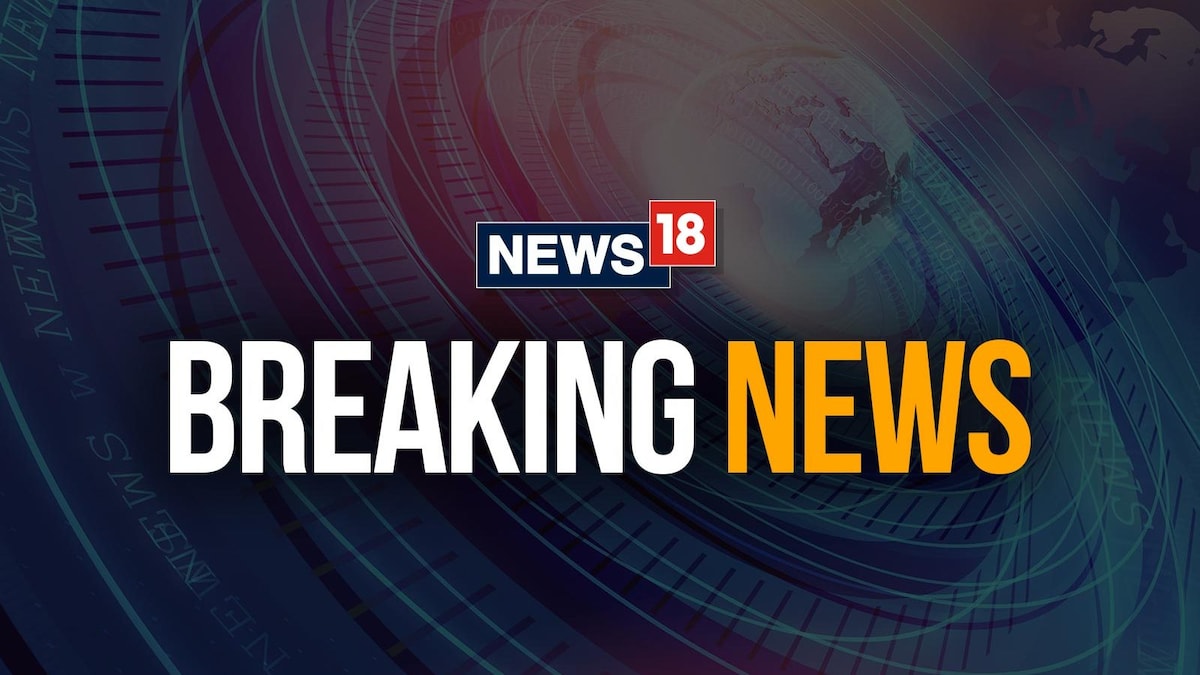Last Updated: September 27, 2024, 22:58 IST
United Nations, United States

Pakistan's Prime Minister Shehbaz Sharif addresses the 79th United Nations General Assembly at UN headquarters in New York, US. (Image: REUTERS)
Sharif said people in Jammu and Kashmir ‘like the people of Palestine struggled for a century for their freedom and right to self-determination’.
Pakistan Prime Minister Shehbaz Sharif on Friday accused India of “massive expansion of its military capabilities” and issuing threats to cross the LoC for taking over Pakistan-Occupied Kashmir, as he raised the Kashmir issue again in his address at the United Nations General Assembly.
Sharif demanded that New Delhi should reverse the 2019 abrogation of Article 370, which gave Jammu and Kashmir a special status, and also charged India of trying to subjugate its Muslim population and obliterate its Islamic heritage.
Pakistan routinely raises the Kashmir issue at the annual UN debate. India was expected to exercise its right of reply to counter Sharif’s allegations.
Sharif said “like the people of Palestine”, the people of Jammu and Kashmir have “struggled for a century for their freedom and right to self-determination”.
Referring to the abrogation of Article 370, Sharif said India must reverse the “unilateral and illegal measures” to secure durable peace, and enter into a dialogue for a peaceful resolution of the Jammu and Kashmir issue in accordance with UN Security Council resolutions and “wishes of the Kashmiri people”.
In his speech lasting about 20 minutes, Sharif claimed that instead of moving towards peace, India has moved away from its commitments to implement the Security Council resolutions on Jammu and Kashmir.
“These resolutions mandate a plebiscite to enable the people of Jammu and Kashmir to exercise their fundamental right to self-determination,” he said.
“Even more worryingly,” he said during the General Debate of the 79th session of the UN General Assembly, “it is engaged in massive expansion of its military capabilities which are essentially deployed against Pakistan.” “Its war doctrines envisage a surprise attack and a limited war under the nuclear overhang,” he added.
Sharif said India has spurned his country’s proposal for a mutual strategic restraint regime, and its leadership has “often threatened to cross the Line of Control” and take over what Pakistan refers to as “Azad Kashmir”.
“Let me state in no uncertain terms Pakistan will respond most decisively to any Indian aggression,” he added.
The Pakistan prime minister said the escalation of Islamophobia is a troubling global development. “The most alarming manifestation of Islamophobia is the Hindu supremacist agenda in India. It aggressively seeks the subjugation of 200 million Muslims and the obliteration of India’s Islamic heritage,” he claimed.
Responding to allegations on Jammu and Kashmir in previous UN debates, New Delhi has emphasised that the region is an integral and inalienable part of India.
Sharif also spoke about the situation in Gaza, Ukraine and Afghanistan.
“Today, we are facing the most daunting challenges to the world order,” he said, mentioning “Israel’s genocidal war in Gaza, a dangerous conflict in Ukraine, destructive conflicts across Africa and Asia, rising geopolitical tensions, resurging terrorism, galloping poverty, stifling debt and the mounting impact of climate change”.
On Gaza, he said, “This is not just a conflict. This is systematic slaughter of innocent people of Palestine… we must act now and demand an immediate end to this bloodshed.” He said Pakistan seeks an “immediate end” to the “tragic conflict” in Ukraine and its peaceful resolution in accordance with the UN Charter and international agreements.
Sharif said Pakistan seeks the earliest possible normalisation of the situation in Afghanistan and the “interim government” must take effective action to “neutralise all terrorist groups within Afghanistan”, especially those responsible for cross-border terrorism against neighbouring countries.
These include ISIL-K, Daish, al Qaeda-associated Tehrik-e Taliban Pakistan (TTP) and other terrorist groups which “unfortunately” are seen on Afghan territory, he said.
(This story has not been edited by News18 staff and is published from a syndicated news agency feed - PTI)
![]()
Shankhyaneel Sarkar is a senior subeditor at News18. He covers international affairs, where he focuses on breaking news to in-depth analyses. He has o
...Read More

 1 month ago
1 month ago













